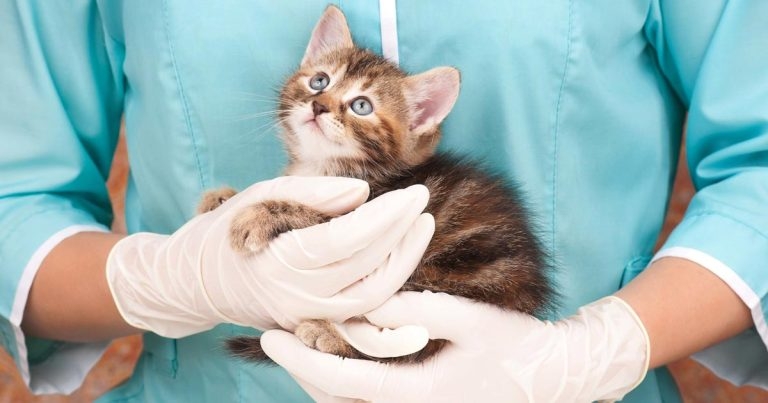22 Jun 2020
RCVS VN council has approved a patient-based assessment for SVNs who are unable to take OSCE exams under coronavirus restrictions.

Image © 2002lubava1981 / Adobe Stock
RCVS VN council has approved an alternative assessment method for those awarding organisations and universities unable to provide objectively structured clinical examinations (OSCEs) under the current social distancing guidelines.
In April this year, VN council set up an OSCE task force to look at how a comprehensive alternative could be developed for SVNs needing to take the exams to get their final qualifications.
Some awarding organisations and universities have since developed methods of safely holding their OSCEs within social distancing guidelines, while others have had to cancel the OSCEs indefinitely on the grounds it would not be safe or practical to hold them.
The task force developed a new patient-based assessment method to allow SVNs to prove they meet the day one competences and skills, meaning they are eligible to join the register as fully qualified VNs.
VN council approved the proposal at its meeting on 17 June. Council chairman Racheal Marshall said: “We have developed an alternative assessment method for SVNs that is safe and complies with the social distancing guidelines, while still upholding our standards and ensuring SVNs are competent to join the register.
“The alternative, called a patient-based assessment, will involve building up a small portfolio of case reports and supporting evidence to prove how those who use this assessment method meet the day one competences and skills. Once this has been signed-off and submitted, students using this assessment method will undertake a detailed and structured discussion about their involvement with the cases they have described.”
She added: “There will be two examiners present for the interview; however, students will only have to discuss their cases with one of them.
“The outcome of the discussion will determine whether students can be awarded their licence to practise qualification and subsequently apply to join the RCVS Register of Veterinary Nurses.”
The alternative assessment method may not be relevant to all SVNs as they may have an awarding body or university that has decided it can safely hold its OSCEs under the current conditions, or they may be training through the apprenticeship route.
Those who are unsure whether this assessment method is applicable to them should contact their educational establishment for further advice and clarification.
A detailed handbook containing further information about the criteria and process for the patient-based assessment has been published on the RCVS website.
The college is advising all SVNs to read this to get a full understanding of how the assessment method will work. The RCVS Veterinary Nursing Department can also be contacted via email.